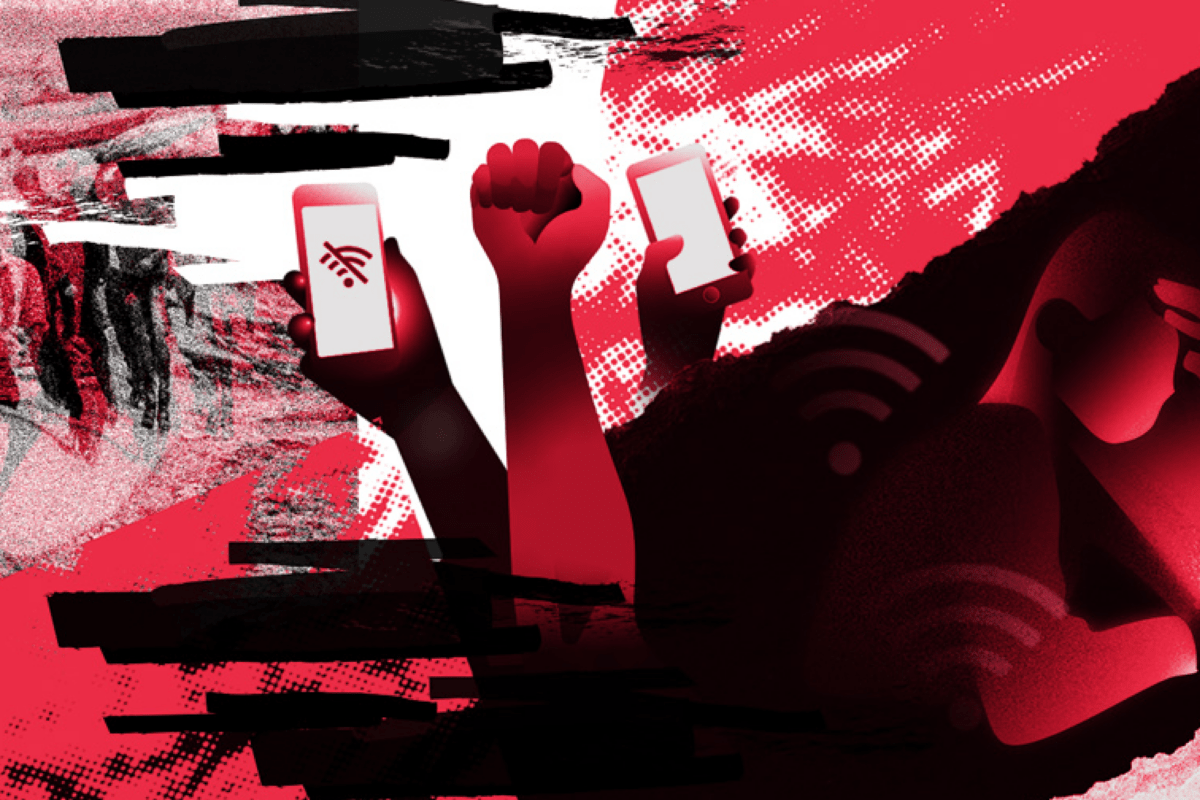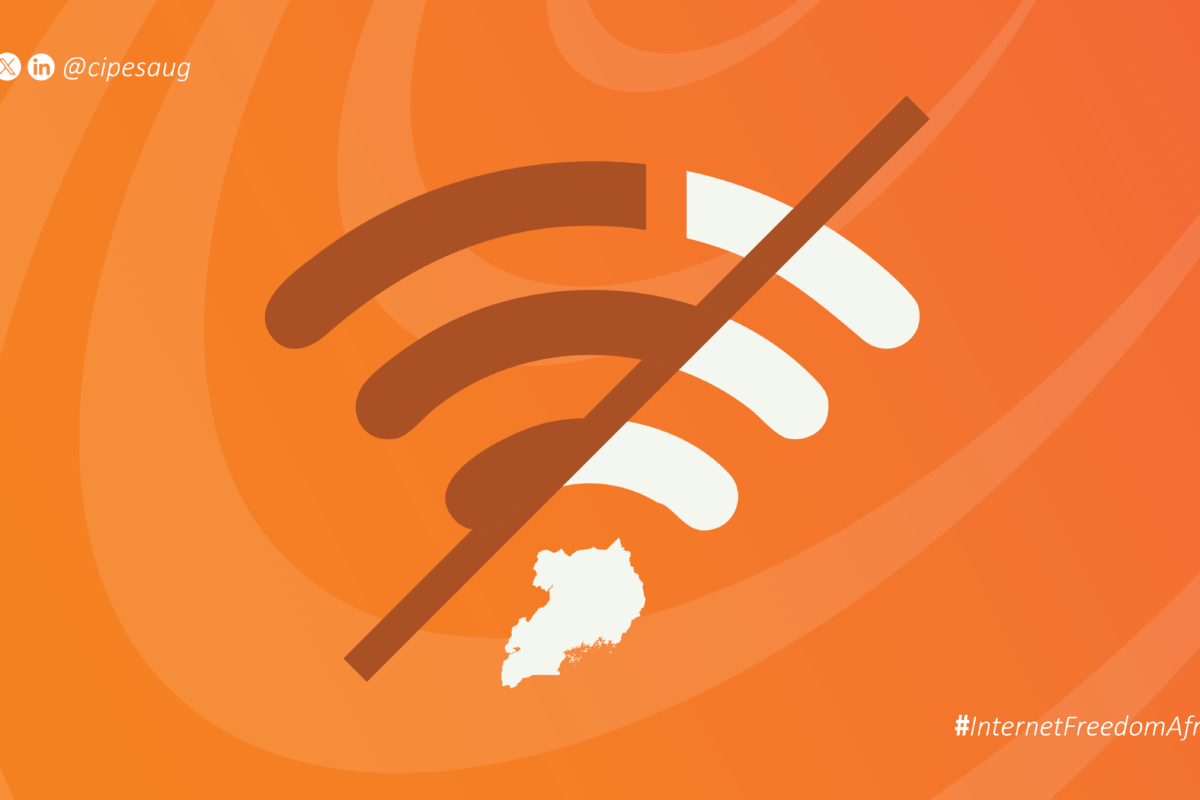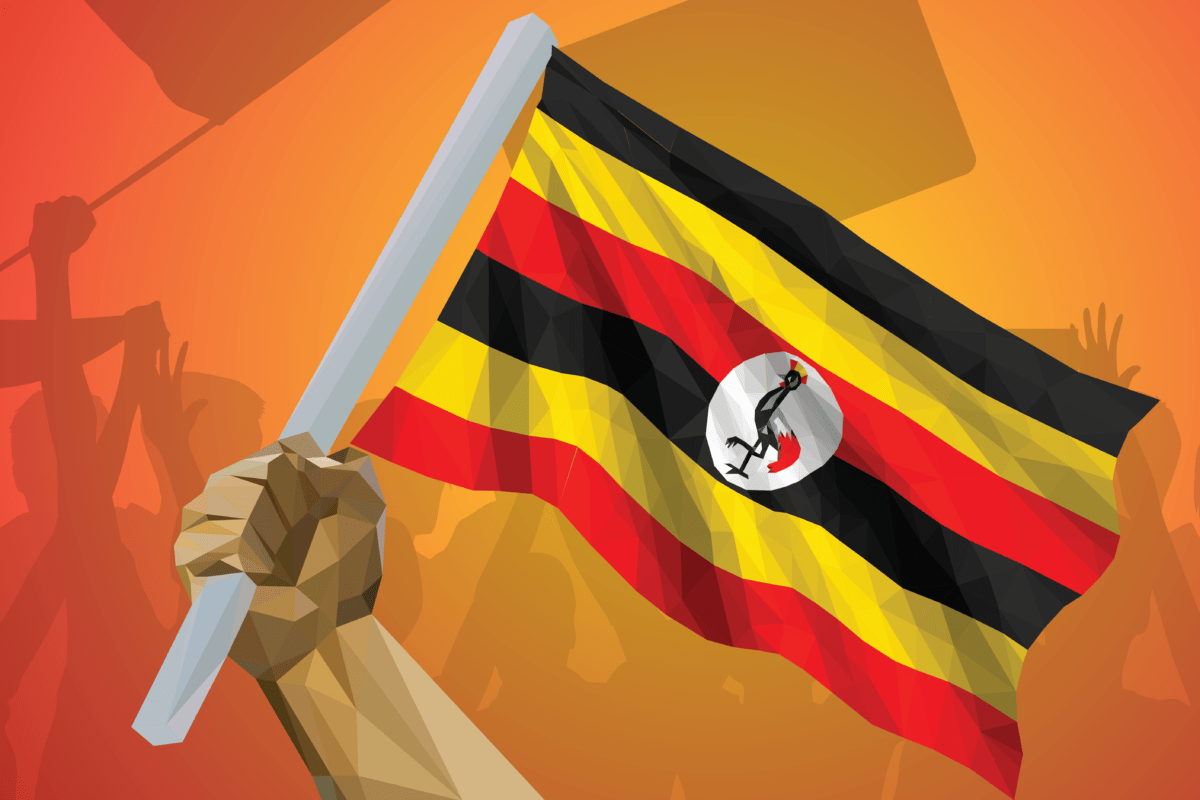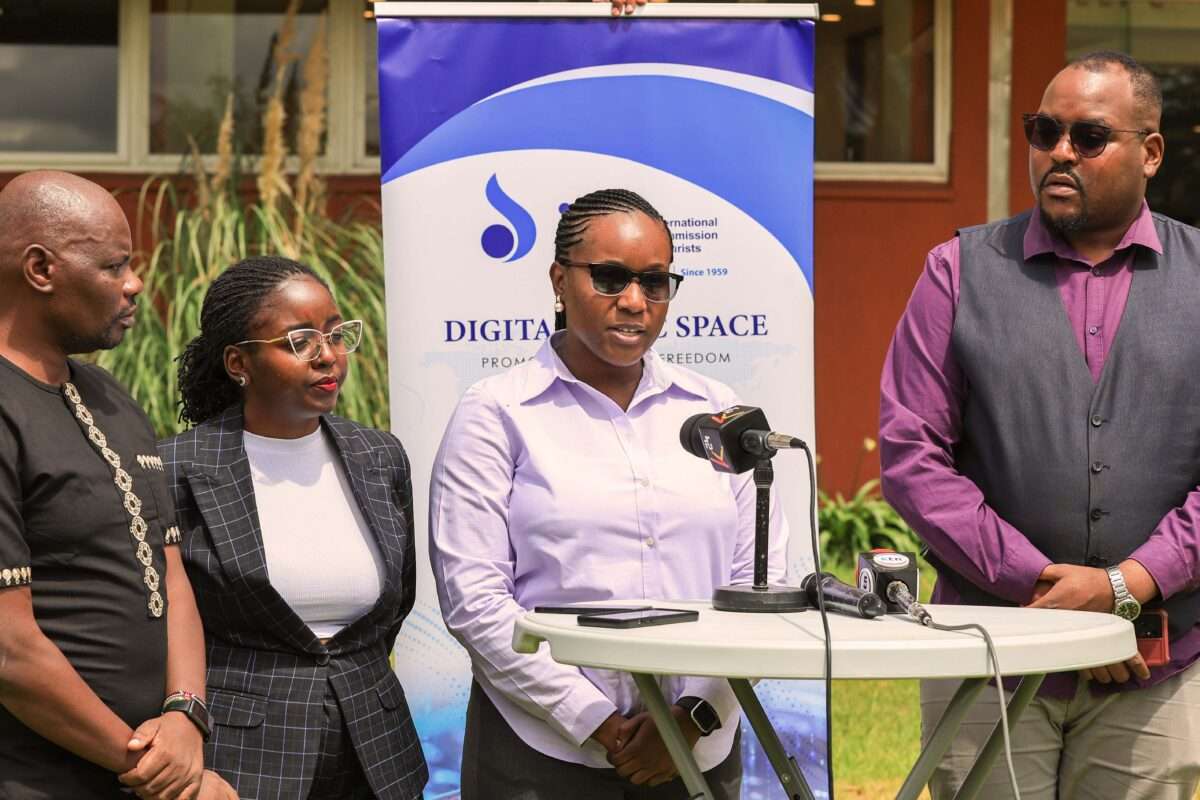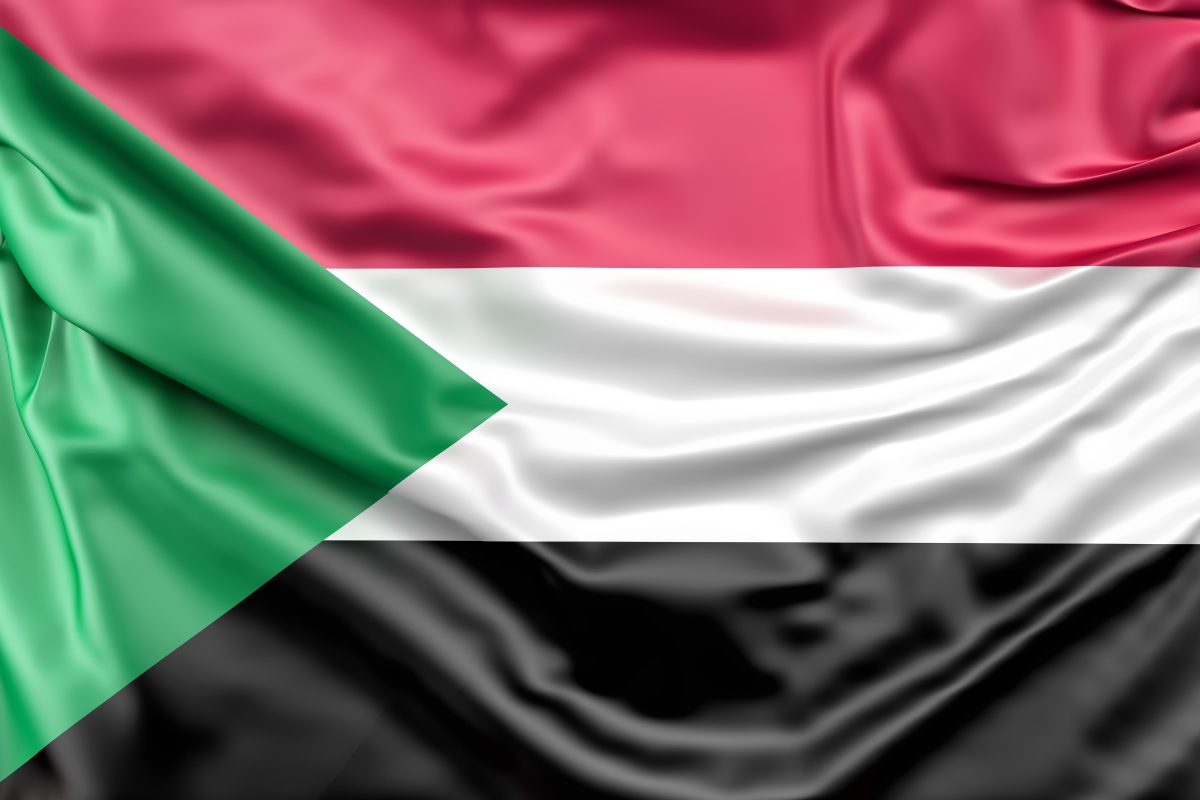#KeepItOn |
We, the undersigned organizations, and members of the #KeepItOn coalition — a global network of over 345 human rights organizations from 105 countries working to end internet shutdowns — urgently demand the government of Gabon to immediately reverse orders to shut down social media indefinitely in the country. The order is in gross violation of national and international human rights frameworks and must not be allowed to continue.
In a televised announcement on February 17, 2026, Jean-Claude Mendome — spokesperson for the High Authority for Communication (HAC) — announced the immediate suspension of social networks to prevent the “spread of false information.” The spokesperson claimed the measures were necessary to protect national unity and prevent social conflict. According to the Open Observatory of Network Interference (OONI), as of February 18, 2026, access to major social media platforms including Facebook, WhatsApp, TikTok, Instagram and YouTube is being blocked in the country.
The directive comes amidst ongoing anti-government protests and a labour strike in Gabon. Restricting access to critical digital platforms in times of uncertainty stifles the freedom of expression and the right to access information. These platforms do not only facilitate social communications, they also serve as platforms for economic empowerment. Additionally, evidence shows that blocking access to vital communication platforms amplifies the spread of misinformation.
The #KeepItOn coalition has documented multiple incidents of shutdowns in Gabon in the past, most recently during the August 2023 elections. As polls closed on August 26, 2023, authorities shut down the internet even as they declared Ali Bongo the winner. Internet access was only restored on August, 30, 2023, following a military coup that annulled the election results and deposed the Bongo administration.
Prior to this, in 2021, Access Now and the #KeepItOn coalition documented instances of internet access throttling aimed at suppressing protests against government COVID-related measures. In 2019, Gabonese authorities shut down internet and broadcasting services following an attempted coup. In 2016, the government activated the kill switch in response to protests, clashes, looting, and arrests in the capital, Libreville, following the re-election of former President Ali Bongo. We urge President Nguema’s government not to fall into the same dangerous pattern, uphold human rights and ensure unfettered access for all.
Internet shutdowns contravene national and international legal frameworks. Article 1(2) of the Constitution of Gabon guarantees the right to freedom of expression. International instruments to which Gabon is a signatory, including the African Charter on Human and Peoples’ Rights and the International Covenant on Civil and Political Rights similarly make express provision for these rights. While these rights are not absolute, their limitations must be necessary and proportionate, as asserted by the United Nations (UN) Human Rights Committee in General Comment No.34.
Clement N. Voule, the UN Special Rapporteur on the rights to freedom of peaceful assembly and association, highlighted in his report the crucial role of digital technologies in expanding opportunities for the enjoyment and exercise of peaceful assembly and association rights and also raised concerns about the use of these technologies by state and non-state actors “to silence, surveil and harass dissidents, political opposition, human rights defenders, activists, and protesters.”
The 2016 African Commission on Human and Peoples’ Rights (ACHPR) Resolution also recognizes the “importance of the internet in advancing human and people’s rights in Africa,” expressing concern over the “emerging practice of State Parties interrupting or limiting access to telecommunication services such as the internet, social media, and messaging services.” The Declaration of Principles on Freedom of Expression and Access to Information in Africa 2019 calls upon States not to “engage in or condone any disruption of access to the internet and other digital technologies for segments of the public or an entire population.”
Telecommunication companies have a duty to uphold human rights and undertake proactive steps to mitigate rights-violating practices such as internet shutdowns. The UN Guiding Principles on Business and Human Rights provide guidelines on how companies can promote human rights due to their unique position between authorities and the end user. The principles make specific recommendations including performing due diligence when entering new markets and implementing transparency measures around government directives. We call on telecommunications companies and internet service providers (ISPs) operating in Gabon — including Moov Gabon, Gabon Telecom, and Airtel Gabon — to refrain from enforcing the shutdown orders received from the authorities and undertake urgent measures to provide the people of Gabon with open, and secure access to the internet and digital communication tools at all times
Access Now and members of the #KeepItOn coalition call on the government of Gabon, ISPs as well as relevant actors, and urge the following:
- The Gabonese government must immediately revoke the shutdown directive, restore access, and refrain from imposing network disruptions in the future; and
- We urge Moov Gabon, Gabon Telecom, and Airtel Gabon to stop enforcing shutdown orders, push back against illegal government directives, and uphold their duty to respect people’s rights in Gabon.
Signatories
- Access Now
- Activate Rights
- Afia-Amani Grands-Lacs
- Afghanistan Democracy and Development Organization (ADDO)
- African Freedom of Expression Exchange (AFEX)
- Africa Freedom of Information Center (AFIC)
- Africa Open Data and Internet Research Foundation (AODIRF)
- AfricTivistes
- Bloggers Association of Kenya (BAKE)
- Bloggers of Zambia- BloggersZM
- Center for Media Studies and Peacebuilding (CEMESP)
- Collaboration on International ICT Policy for East and Southern Africa (CIPESA)
- Committee to Protect Journalists (CPJ)
- Conexión Segura y Libre (CSL)
- Digital Access
- Digicivic Initiative
- Digital Resilience Development (Tajikistan)
- Digital Rights Watch (DRW)
- EG Justice
- Foundation for Internet Rights and Innovation (FIRI)
- Freedom Forum, Nepal
- Gambia Press Union (GPU)
- Human Rights Journalists Network Nigeria
- Initiative for Embracing Humanity in Africa (IEHA)
- Internet Governance Tanzania Working Group (IGTWG)
- Internet Without Borders
- International Press Centre (IPC)
- International Press Institute (IPI)
- JCA-NET(Japan)
- Jonction, Senegal
- KICTANet
- Kijiji Yeetu
- Life campaign to abolish the death sentence in Kurdistan Network
- LIM NGUEN FOUNDATION [LNF]-SOUTH SUDAN
- Media Foundation for West Africa (MFWA)
- Media Rights Agenda (MRA)
- Office of Civil Freedoms
- Open Observatory of Network Interference (OONI)
- Organization of the Justice Campaign
- Pakistan Press Foundation
- Paradigm Initiative (PIN)
- Robert & Ethel Kennedy Human Rights Center
- Rudi International
- SMEX
- Tech & Media Convergency (TMC)
- Ubunteam
- West African Digital Rights Defenders Coalition
- Women of Uganda Network (WOUGNET)
- YODET
- Zaina Foundation

